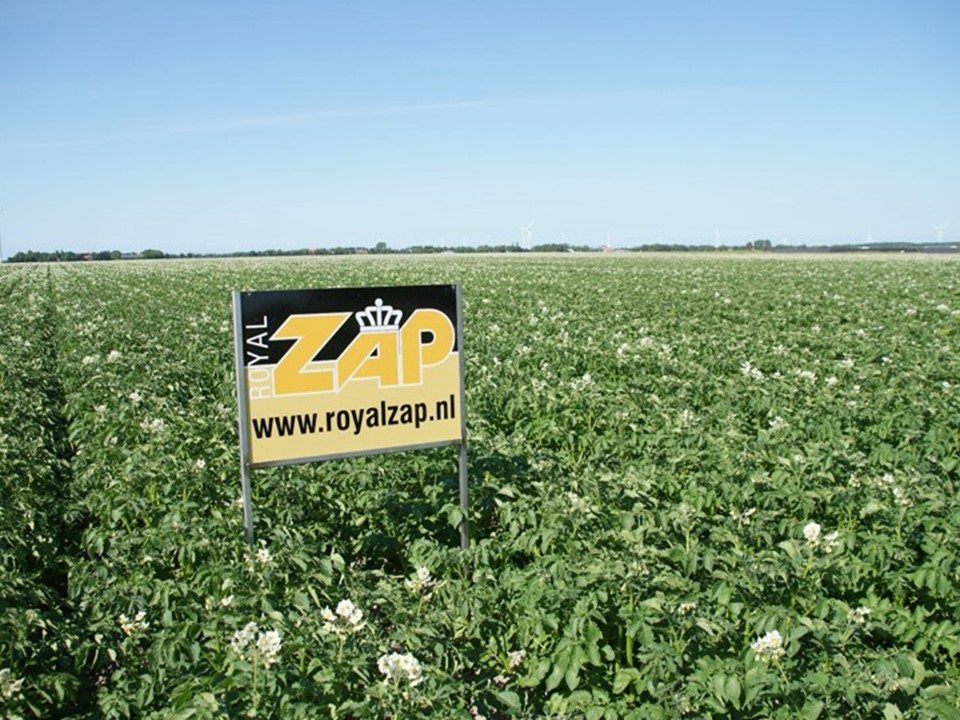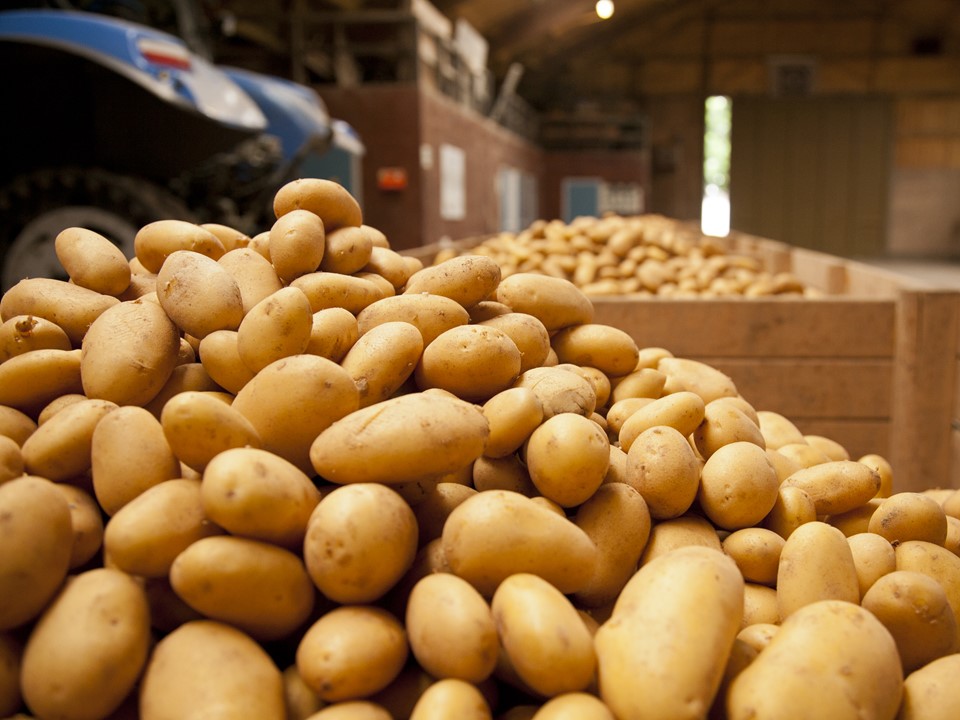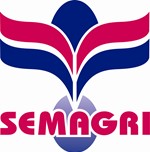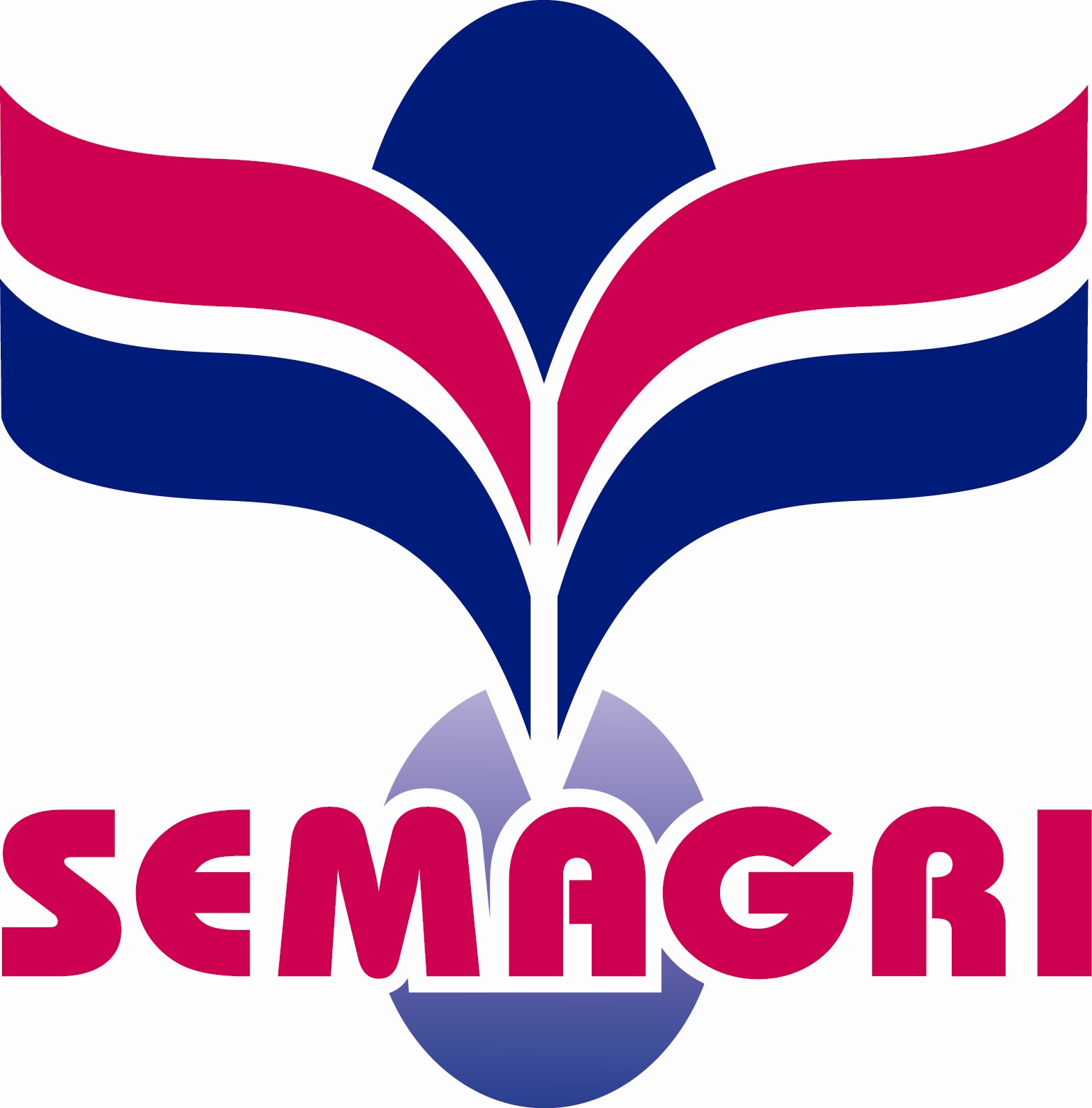About
Semagri

About ZAP and Semagri
ZAP also includes the trading house Semagri. A trading house which has now acquired a great reputation for producing healthy seed potatoes of potato varieties suitable for the production of potato starch and flakes.
Thanks to the cooperation of both companies, one strong company has been created with extensive experience in the production of high-quality starting material for potatoes.
The collaboration with independent growers in the Netherlands as well as foreign growers offers a wide range of new hybrids and potential potato varieties.


The collaboration with independent growers in the Netherlands as well as foreign growers offers a wide range of new hybrids and potential potato varieties.
Promising crossings are being tested at various test fields in Europe, North Africa and the Middle East. Added to this is the broad knowledge of markets in multiple continents that makes it possible to introduce newly developed varieties.
As of 1 January 2018, all free varieties, consumption and french fries varieties concerning cultivation, purchases and sales are the full responsibility of ZAP. The starch varieties are the full responsibility of Semagri for both cultivation, purchases and sales.
Please feel free to contact us; even if you, as a grower, want a good price and guaranteed sales for your seedlings or seed.


